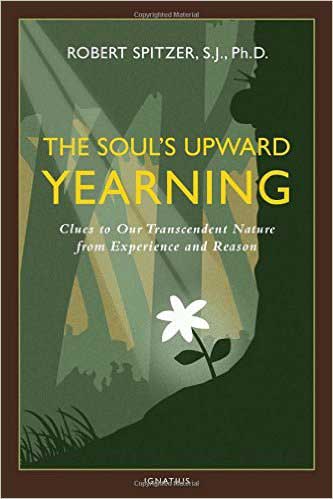Podcast: Play in new window | Download (Duration: 27:40 — 19.1MB) | Embed
Subscribe: Apple Podcasts | Spotify | Amazon Music | Android | Pandora | iHeartRadio | JioSaavn | Podchaser | Gaana | Podcast Index | Email | TuneIn | Deezer | Anghami | RSS | More
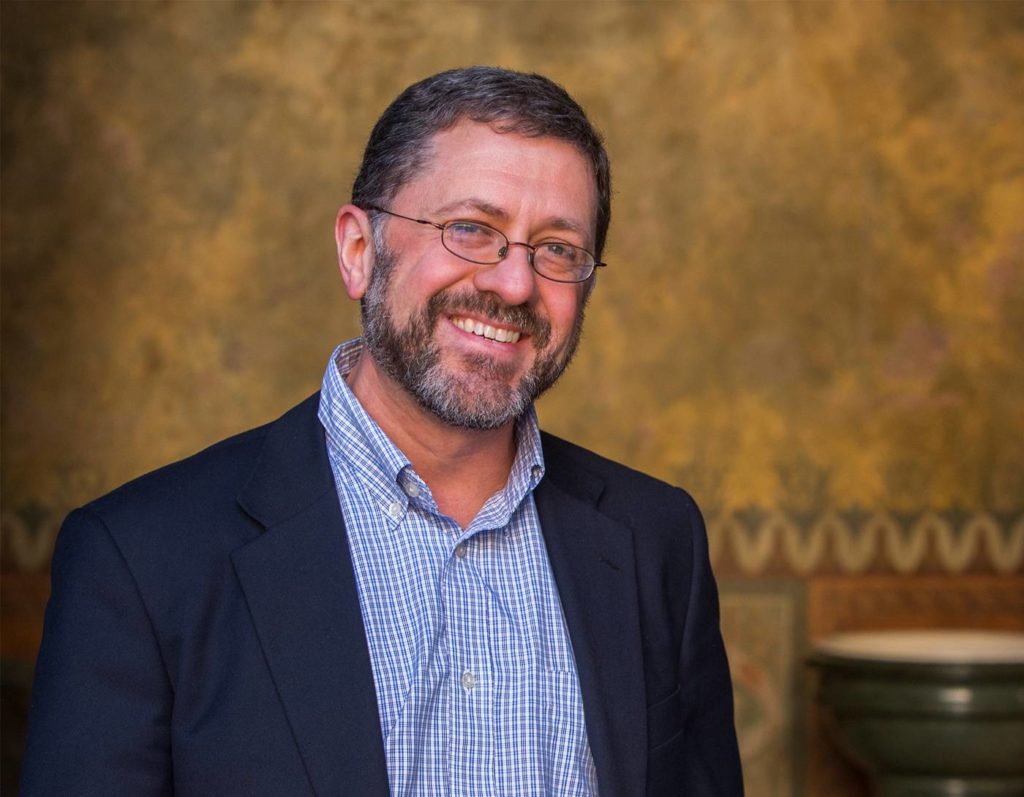 Episode 10 – Arius – “Villains of the Early Church: And How They Made Us Better Christians“
Episode 10 – Arius – “Villains of the Early Church: And How They Made Us Better Christians“
In this episode, Mike Aquilina and Kris McGregor discuss Arius and the threat of the Arian heresy. Mike makes suggestions on what the Christian can do to stay true to the faith in times and recognize the Arian tendencies we continue to see today.
An excerpt from Villains of the Early Church:
ARIUS WAS an obscure Egyptian priest who probably had more influence on the history of Christian theology than any Christian thinker since St. Paul. It was all negative influence, but no one can deny the influence. Because of Arius, the Catholic Church had to define the relationship of the Son to the Father in clear and unambiguous terms. Because of Arius, we ended up with the Nicene Creed.
But no one would have guessed for most of his life that this Arius was going to set the world on fire.
Aquilina, Mike. Villains of the Early Church: And How They Made Us Better Christians. Emmaus Road Publishing. Kindle Edition.
For more episodes in the Villains of the Early Church podcast visit here – Villains of the Early Church – Discerning Hearts Podcast
You can find the book on which this series is based here
Mike Aquilina is a popular author working in the area of Church history, especially patristics, the study of the early Church Fathers.[1] He is the executive vice-president and trustee of the St. Paul Center for Biblical Theology, a Roman Catholic research center based in Steubenville, Ohio. He is a contributing editor of Angelus (magazine) and general editor of the Reclaiming Catholic History Series from Ave Maria Press. He is the author or editor of more than fifty books, including The Fathers of the Church (2006); The Mass of the Early Christians (2007); Living the Mysteries (2003); and What Catholics Believe(1999). He has hosted eleven television series on the Eternal Word Television Network and is a frequent guest commentator on Catholic radio.
Mike Aquilina’s website is found at fathersofthechurch.com

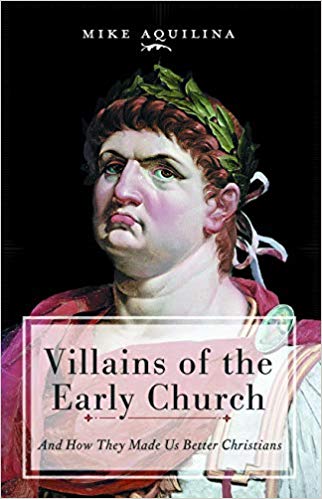
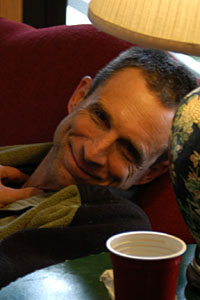
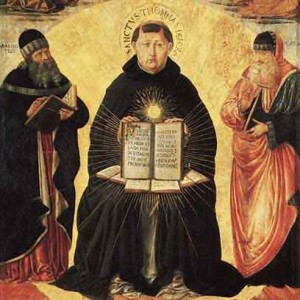

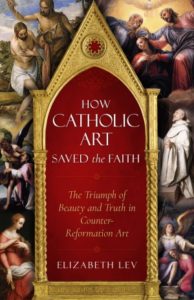 You can find the book
You can find the book 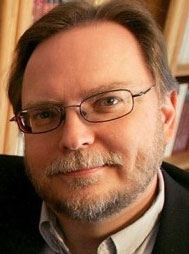 Saved?: With a Short Discourse on Hell” by Catholic theologian Fr. Hans Urs von Balthasar. The newer edition contains an outstanding forward by Fr. Robert Barron. The conversation with Mark Brumley sheds even greater light on why this is such an important work. Mark also corrects the misrepresentations that have been put forward about it’s contents in recent years, including the false characterization of von Balthasar as an advocate of “universalism”. An exceptional work! Once again, a great discussion with Mark Brumley.
Saved?: With a Short Discourse on Hell” by Catholic theologian Fr. Hans Urs von Balthasar. The newer edition contains an outstanding forward by Fr. Robert Barron. The conversation with Mark Brumley sheds even greater light on why this is such an important work. Mark also corrects the misrepresentations that have been put forward about it’s contents in recent years, including the false characterization of von Balthasar as an advocate of “universalism”. An exceptional work! Once again, a great discussion with Mark Brumley.
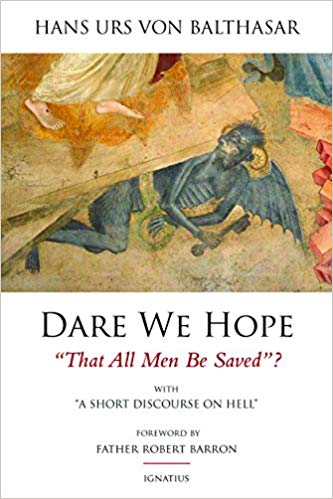
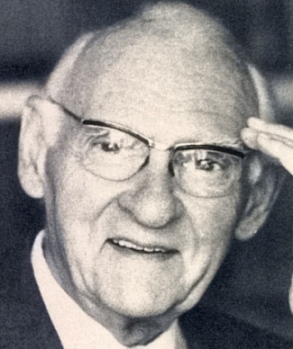
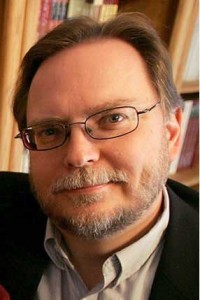 Why is it essential for the Christian to truly “know” Jesus as the “Christ”? Why is a relationship with Jesus Christ paramount for the spiritual life? What is it be an authentic disciple of Christ? These questions are just a few that are answered by master apologist and president of Ignatius Press, Mark Brumley as we discuss the phenomenal book by Cardinal Christoph Schoenborn, the Archbishop of Vienna. Class A catechesis and rich source of spiritual reading, not only for Catholics, but for the entire Body of Christ. Highly Recommended!
Why is it essential for the Christian to truly “know” Jesus as the “Christ”? Why is a relationship with Jesus Christ paramount for the spiritual life? What is it be an authentic disciple of Christ? These questions are just a few that are answered by master apologist and president of Ignatius Press, Mark Brumley as we discuss the phenomenal book by Cardinal Christoph Schoenborn, the Archbishop of Vienna. Class A catechesis and rich source of spiritual reading, not only for Catholics, but for the entire Body of Christ. Highly Recommended!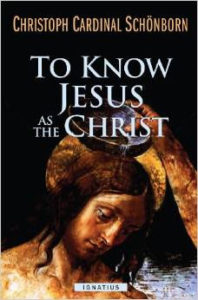
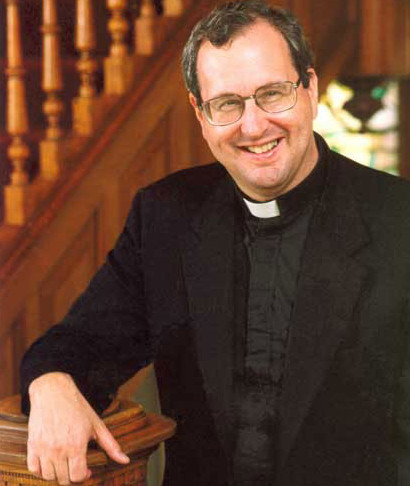 Destiny from the Revelation of Jesus“, which is the third installment of his “Happiness, Suffering, and Transcendence” series. Not only is Fr. Spitzer a brilliant theologian, but he has the heart of caring pastor who understands the needs of the questing minds of so many lost and wandering souls. With an extraordinary grasp of philosophy, theology and cosmology, he is able to take complicated concepts and mix them with joy, beauty, and a grace-filled enthusiasm without doing damage to the subject matter. In this volume, he addresses “What is LOVE”, “Who is LOVE”, and maybe in an even deeper way, “The why of LOVE”. Of course we know, “God is Love”, but God as a Father? God as a Son? God as Holy Spirit? How is the mind to grasp such penetrating Truth? And more importantly, how is the heart to perceive this eternal divine mystery?
Destiny from the Revelation of Jesus“, which is the third installment of his “Happiness, Suffering, and Transcendence” series. Not only is Fr. Spitzer a brilliant theologian, but he has the heart of caring pastor who understands the needs of the questing minds of so many lost and wandering souls. With an extraordinary grasp of philosophy, theology and cosmology, he is able to take complicated concepts and mix them with joy, beauty, and a grace-filled enthusiasm without doing damage to the subject matter. In this volume, he addresses “What is LOVE”, “Who is LOVE”, and maybe in an even deeper way, “The why of LOVE”. Of course we know, “God is Love”, but God as a Father? God as a Son? God as Holy Spirit? How is the mind to grasp such penetrating Truth? And more importantly, how is the heart to perceive this eternal divine mystery?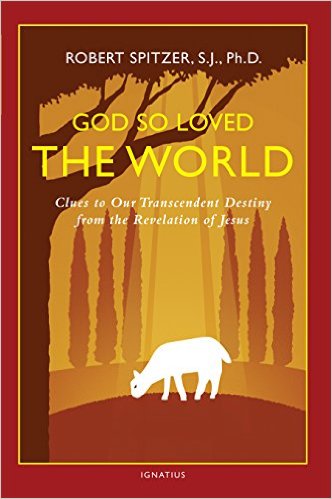
 It’s great to be joined once again by Mark Brumley, this time to discuss “Knowing God: God and the Human Condition” (previously titled God and the Human Mind) authored by the great Catholic writer, teacher, and publisher Frank Sheed. Written in 1966 during the time of the Second Vatican Council, Sheed addresses the most challenging questions the human mind can pose about God, without presenting answers in dry academic way. Instead, because of his gifted writing style, he engages the reader with a desire to discover “mystery” in all its forms.
It’s great to be joined once again by Mark Brumley, this time to discuss “Knowing God: God and the Human Condition” (previously titled God and the Human Mind) authored by the great Catholic writer, teacher, and publisher Frank Sheed. Written in 1966 during the time of the Second Vatican Council, Sheed addresses the most challenging questions the human mind can pose about God, without presenting answers in dry academic way. Instead, because of his gifted writing style, he engages the reader with a desire to discover “mystery” in all its forms.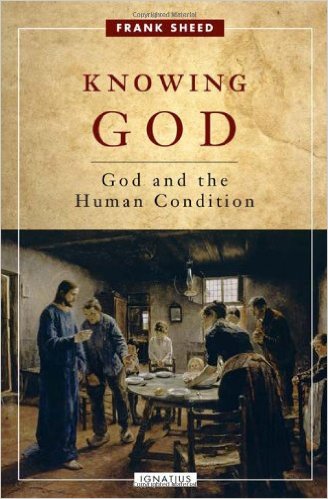
 Once again, Dr. Rodney Stark, the author of the best-selling “The Rise of Christianity” brings clarity to history with his book “Bearing False Witness: Debunking Centuries of Anti-Catholic History“! A professor of social science and co-director of the Institute for Studies of Religion at Baylor University, Dr. Stark is a master of research and source analysis. With his eagle’s eye, he assess the landscape of history and systematically debunks anti-Catholic “myths” one after another. Whether he is untying the knot of the “Spanish Inquisition” or placing in proper perspective the motivation and actions of the Church in the various Crusades, he never fails to place before his readers an engaging presentation of the “truth”. He remains one of our all-time favorite guests and authors…take a listen!
Once again, Dr. Rodney Stark, the author of the best-selling “The Rise of Christianity” brings clarity to history with his book “Bearing False Witness: Debunking Centuries of Anti-Catholic History“! A professor of social science and co-director of the Institute for Studies of Religion at Baylor University, Dr. Stark is a master of research and source analysis. With his eagle’s eye, he assess the landscape of history and systematically debunks anti-Catholic “myths” one after another. Whether he is untying the knot of the “Spanish Inquisition” or placing in proper perspective the motivation and actions of the Church in the various Crusades, he never fails to place before his readers an engaging presentation of the “truth”. He remains one of our all-time favorite guests and authors…take a listen!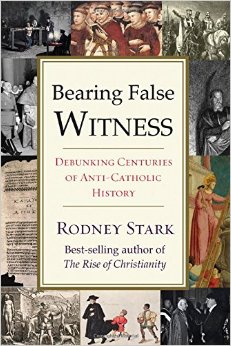
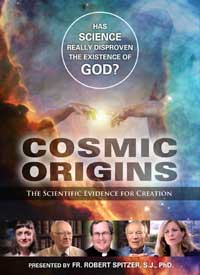 To learn more about this film and how you can arrange screenings for your parish or group go
To learn more about this film and how you can arrange screenings for your parish or group go 